
Speaking at the workshop, Deputy Minister Nguyen Thanh Ngoc assessed that never before have our Party and State paid such attention to the private economy as they do now. Resolution No. 68-NQ/TU dated May 4, 2025 of the Politburo on "Private Economic Development" and three other resolutions in the "four pillars" have created a solid legal corridor to develop the country.
Resolution No. 68-NQ/TU affirms the important position and role of the private economy in the current development stage and sets out very clear goals, bringing the private economy to account for 55-58% of GDP. Resolution No. 68-NQ/TU also sets out the requirement to review and amend the legal system with the role of creating development.
Deputy Minister Nguyen Thanh Ngoc added that currently, the Ministry of Justice is very active in amending the legal system in general, including developing the private economy, creating conditions for the private economy to develop.
At the workshop, delegates identified the strengths and weaknesses of the private economy in both theory and practice, thereby proposing solutions to remove difficulties and obstacles; building and perfecting the system of policies and laws to mobilize all resources and create motivation for the development of the private economy in Vietnam.
According to reviews, over the past decades, hundreds of thousands of private enterprises have been established, spanning across almost all sectors. Not only limited to traditional business activities, many private enterprises have boldly invested in new sectors, requiring high levels of technology and management.
Notably, the emergence of large private corporations with strong financial capacity, long-term strategies and global thinking has affirmed the new position of the private sector in the economy. In addition, the private sector has also contributed significantly to innovating production methods, promoting technology and innovation. Many start-up businesses, with breakthrough technological solutions.
However, the legal system, although in the process of being completed, is still inconsistent, many regulations are unclear, leading to arbitrary interpretation by different levels of government. This creates great legal risks for businesses during their operations.
Mr. Phan Duc Hieu (Economic and Financial Committee of the National Assembly) said: It is necessary to build a set of criteria with the participation of experts and businesses, avoiding arbitrary application. At the same time, there must be a review of bottlenecks. However, if the ministries do it themselves, it will be difficult to identify the shortcomings of their own ministries, so the reforms will not meet. The Ministry of Justice is an independent agency that can review and criticize the ministries and branches.
According to Mr. Phan Duc Hieu, in the long term, Vietnam needs an Institutional Reform Committee with the function of monitoring and supporting sustainable institutional reform.
Agreeing with the above viewpoint, Chairman of the Business Law Association Nguyen Duy Lam said that the two biggest bottlenecks are enforcement officers and institutional shortcomings. Mr. Lam suggested expanding the scope of support, continuing to simplify administrative procedures on conversion, tax, premises, and tax policies for businesses, while at the same time, strengthening coordination between ministries, branches, localities, and associations.
Reflecting the reality at the grassroots level, Mr. Le Hoang, Chairman of the Board of Directors of Thang Long Plastic Joint Stock Company, assessed that the legal corridor is a "door" that needs special attention from the Government, the National Assembly, and state management agencies, in order to open a new development chapter for the Vietnamese business community. Once the policy framework is built synchronously and effectively implemented, it will be a great driving force for organizations and businesses to quickly accelerate to the finish line.
Citing a specific example, Mr. Le Hoang informed that there is currently a situation of equitization of enterprises without changing the governance model, especially when Vietnamese investors buy back, it is very difficult. This invisibly causes great obstacles to the transformation process.
According to Mr. Hoang, the State needs to have more training policies to support investors. Currently, there are many standards that are difficult to implement or are extremely expensive to implement, so the State should review the standards to make them more suitable.
Source: https://hanoimoi.vn/nhan-dien-cac-yeu-to-can-tro-kinh-te-tu-nhan-phat-trien-715721.html


![[Photo] Opening of the World Cultural Festival in Hanoi](https://vphoto.vietnam.vn/thumb/1200x675/vietnam/resource/IMAGE/2025/10/10/1760113426728_ndo_br_lehoi-khaimac-jpg.webp)



![[Photo] General Secretary attends the parade to celebrate the 80th anniversary of the founding of the Korean Workers' Party](https://vphoto.vietnam.vn/thumb/1200x675/vietnam/resource/IMAGE/2025/10/11/1760150039564_vna-potal-tong-bi-thu-du-le-duyet-binh-ky-niem-80-nam-thanh-lap-dang-lao-dong-trieu-tien-8331994-jpg.webp)
![[Photo] Ho Chi Minh City is brilliant with flags and flowers on the eve of the 1st Party Congress, term 2025-2030](https://vphoto.vietnam.vn/thumb/1200x675/vietnam/resource/IMAGE/2025/10/10/1760102923219_ndo_br_thiet-ke-chua-co-ten-43-png.webp)








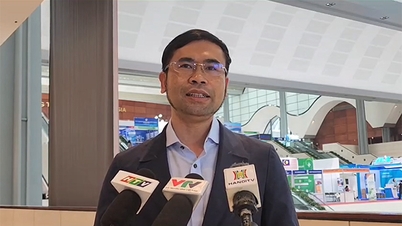
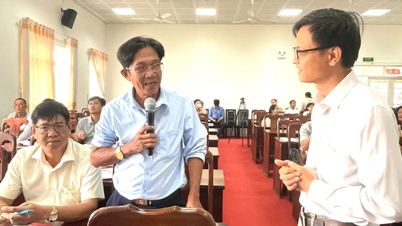


























































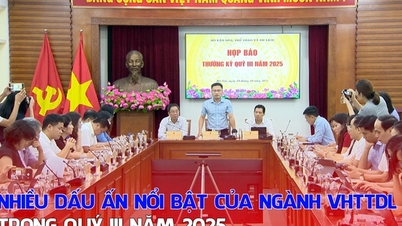



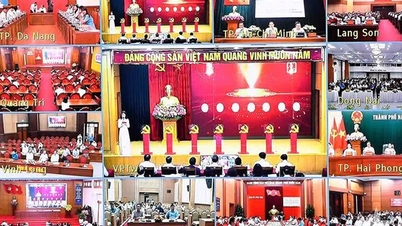

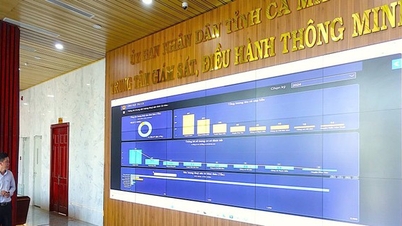

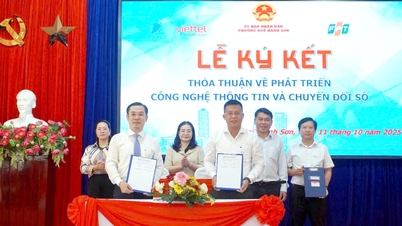



















Comment (0)